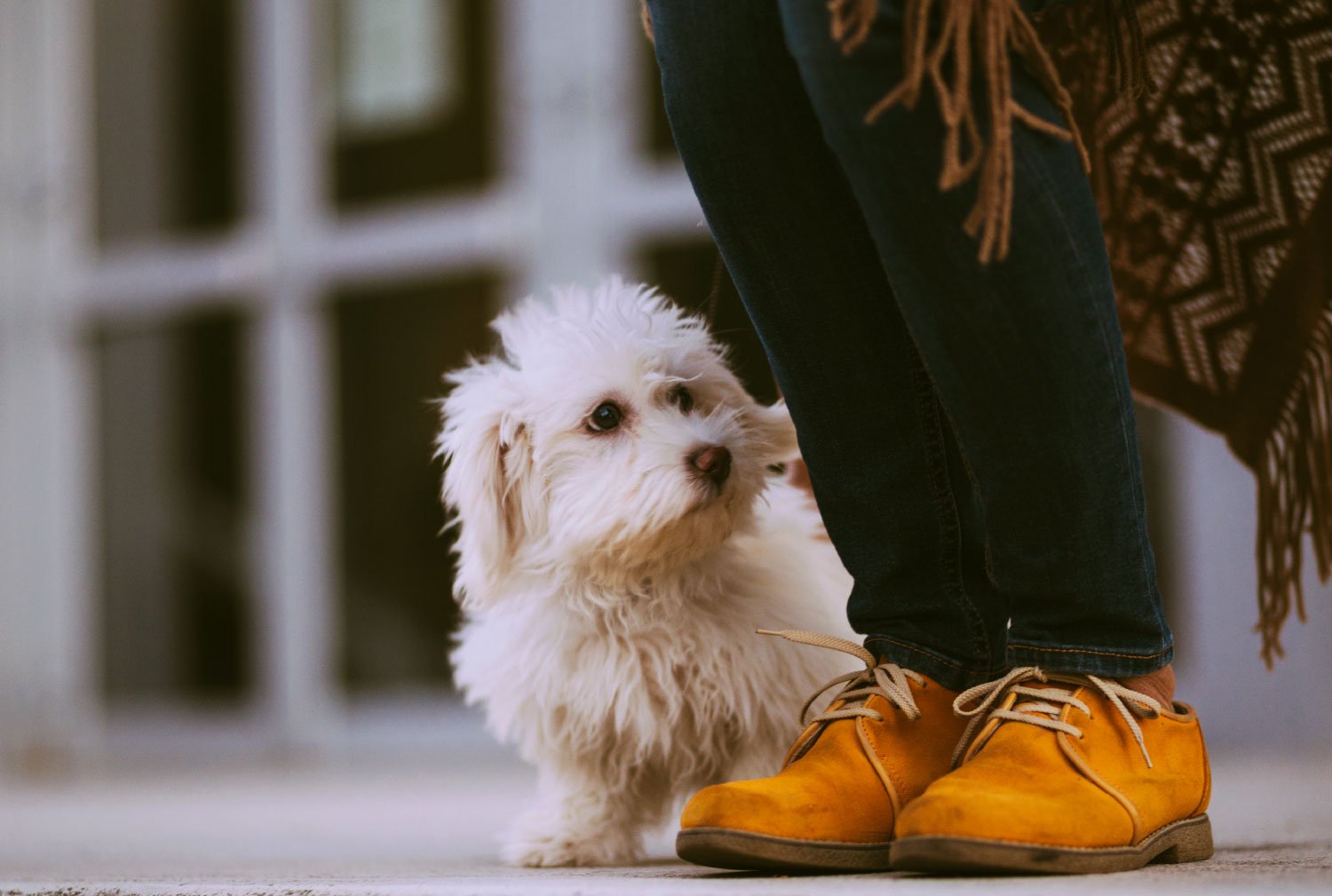THINGS WE DO

DENTAL PROCEDURES FOR CATS AND DOGS
Caring for your pet's teeth is essential to their overall health and well-being. Just like humans, cats and dogs can suffer from dental problems such as gum disease, tooth decay, and bad breath, if left untreated may need to be treated by dental surgery.
Caring for your pet's teeth is essential to their overall health and well-being. Just like humans, cats and dogs can suffer from dental problems such as gum disease, tooth decay, and bad breath, if left untreated may need to be treated by cat dental surgery or dog dental surgery. Dental treatment for pets sometimes requires general anaesthesia, so it's best to take preventative measures to avoid serious dental issues. Humans know they need to brush their teeth regularly. Pets do not have this information, so we need to offer options to help maintain their dental health moving forward.

Tips to keep your pet’s teeth healthy
Regular Brushing: Brushing your pet's teeth is the most effective way to remove plaque and prevent dental problems. Start by using a pet toothbrush and toothpaste, which are specifically designed for their needs. Begin by brushing a few teeth at a time and gradually work up to a full brushing.
Dental Chews: Giving your pet dental chews can help reduce plaque buildup and freshen their breath. Make sure to choose chews that are appropriate for your pet's size and dental health.
Dental Treats: Dental treats can also help improve your pet's dental health. Look for treats that are specifically designed to reduce plaque and tartar buildup.
Regular Check-ups: Regular dental check-ups are important to catch any dental problems early. Your veterinarian can perform a dental exam during your pet's annual check-up.
Home Care: See our Dental Home Care page for more information.

Professional Dental Cleaning
If your pet has significant plaque buildup or other dental problems, your veterinarian may recommend a professional dental cleaning under general anaesthesia. This will involve a thorough cleaning of the teeth, including scaling and polishing. We also take a full set of dental x-rays to assess the parts of the teeth that are hidden beneath the gumline.
In addition to these preventative measures, it's important to watch for signs of dental problems in your pet. These may include bad breath, difficulty chewing, bleeding or swollen gums, and loose or missing teeth. If you notice any of these symptoms, schedule an appointment with your veterinarian as soon as possible.
Remember, dental health is an important part of your pet's overall well-being. By taking preventative measures and seeking treatment, when necessary, you can help ensure that your pet has healthy teeth and gums for years to come.

Dental Treatment Under Anaesthesia
Veterinary dental treatment under general anaesthesia is one of the most common procedures performed at Evervet. It involves a thorough cleaning and examination of your pet's teeth and gums. Anaesthesia is considered imperative for a thorough examination and treatment at Evervet to align with our core values of stress-free handling and to ensure that we can perform the procedure safely. It allows us to perform x-rays of the mouth, which looks at the area below the gum that is invisible to us during visual inspection but is where most of the disease we treat is actually located. While it may seem scary, this procedure is essential for maintaining your pet's dental health and overall well-being.
Comprehensive Dental Care Process
Pre-Anaesthetic Blood Work: Before the procedure, your veterinarian may recommend bloodwork be performed to ensure that your pet is healthy enough to undergo anaesthesia. This will help identify any potential risks or complications. A pre-anesthetic examination will be recommended if we have not seen your pet in a while to ensure no surprises on the day.
Anaesthetic Induction: Your pet will be given medication to induce anaesthesia, which will cause them to become unconscious and unable to feel any pain.
Dental Examination: Once your pet is under anaesthesia, your veterinarian will perform a thorough dental examination. This will involve checking for any signs of dental problems, such as tooth decay or gum disease.
Dental Cleaning: Your veterinarian will then clean your pet's teeth using specialised tools. This will involve scaling and polishing to remove any plaque or tartar buildup.
Dental X-Rays: If your veterinarian suspects any dental problems, they may take dental X-rays to get a better look at your pet's teeth and jaw.
Tooth Extractions For Cats & Dogs: If your pet has any severely decayed or damaged teeth, they may need to be extracted. This will help prevent further damage to surrounding teeth and gums.
Recovery
After the procedure, your pet will be monitored closely as they recover from anaesthesia. They may be given medication to manage pain and reduce swelling.
It's important to note that while dental treatment under general anaesthesia is generally safe, there are risks involved. At Evervet, we make the safety of your pet our primary focus. We will take every precaution to minimise these risks, but it's important to discuss any concerns you may have before the procedure.
In addition, it's important to maintain your pet's dental health through regular brushing, dental chews, and check-ups with your veterinarian between dental treatments. This can help reduce the need for dental treatment under general anaesthesia in the future. Sadly, it does not negate the need for repeat dental procedures, but can certainly extend the time between dental exams being required.
Remember, dental health is an essential part of your pet's overall health and well-being. By taking preventative measures and seeking treatment when necessary, you can help ensure that your pet is pain-free, with healthy teeth and gums, for years to come.
MORE OF

Be forever








